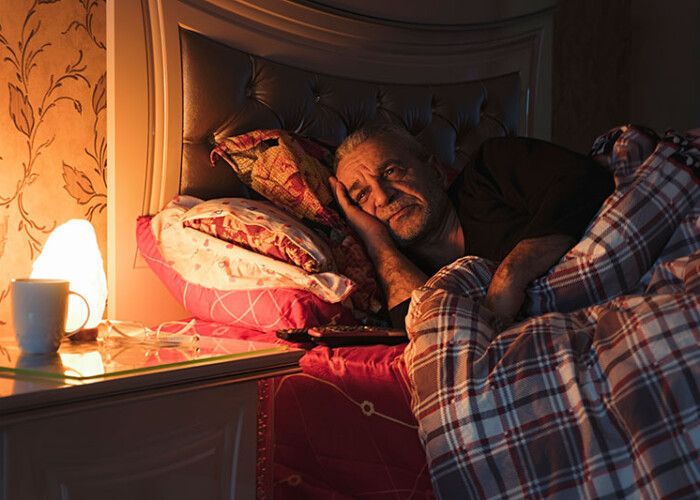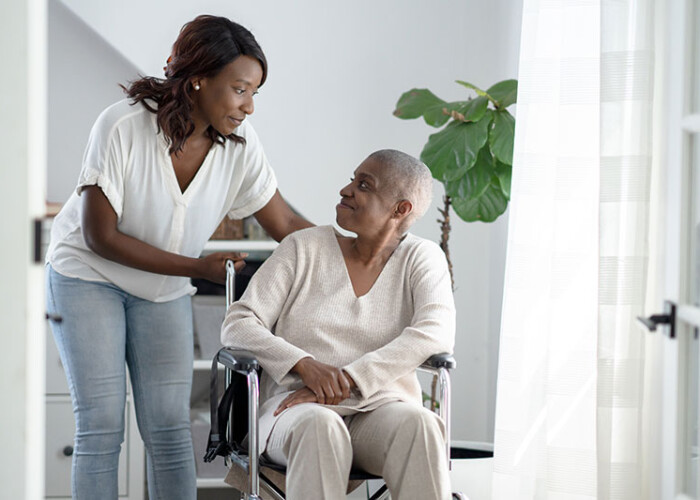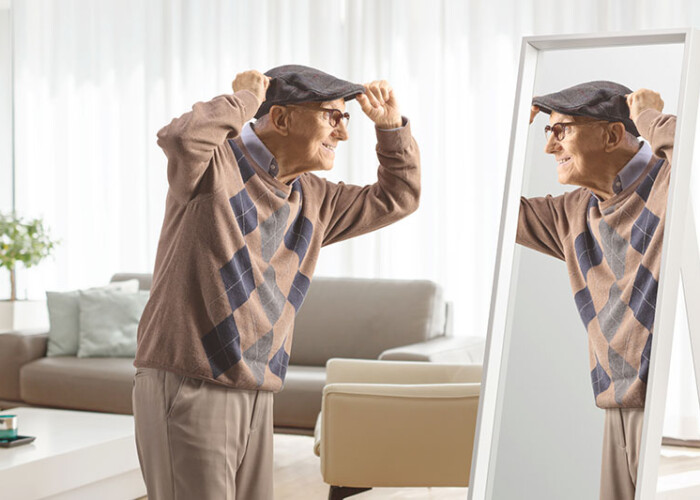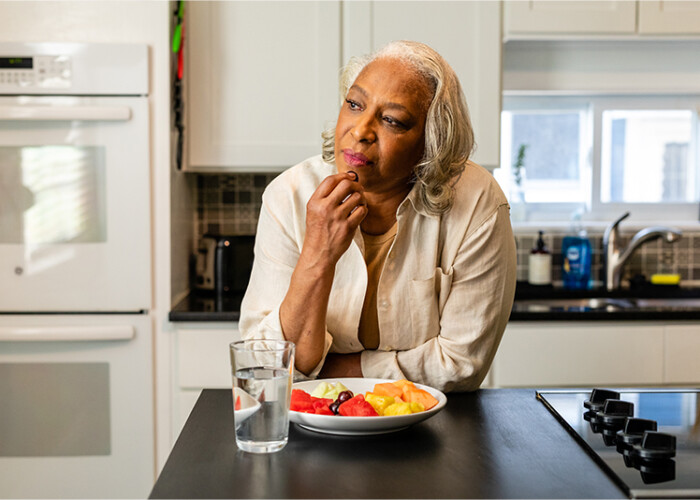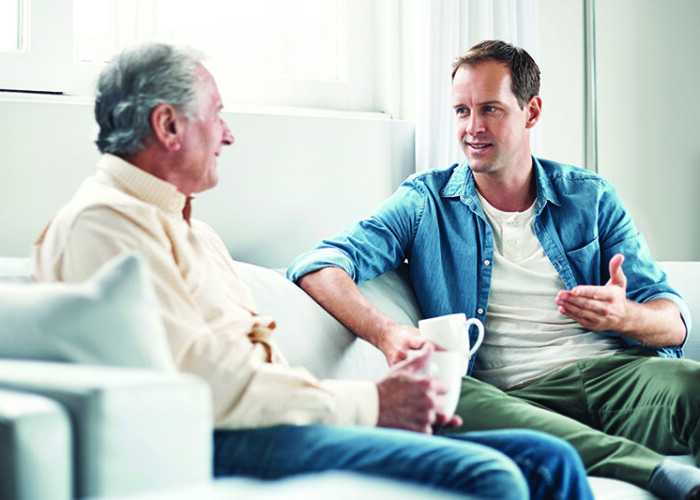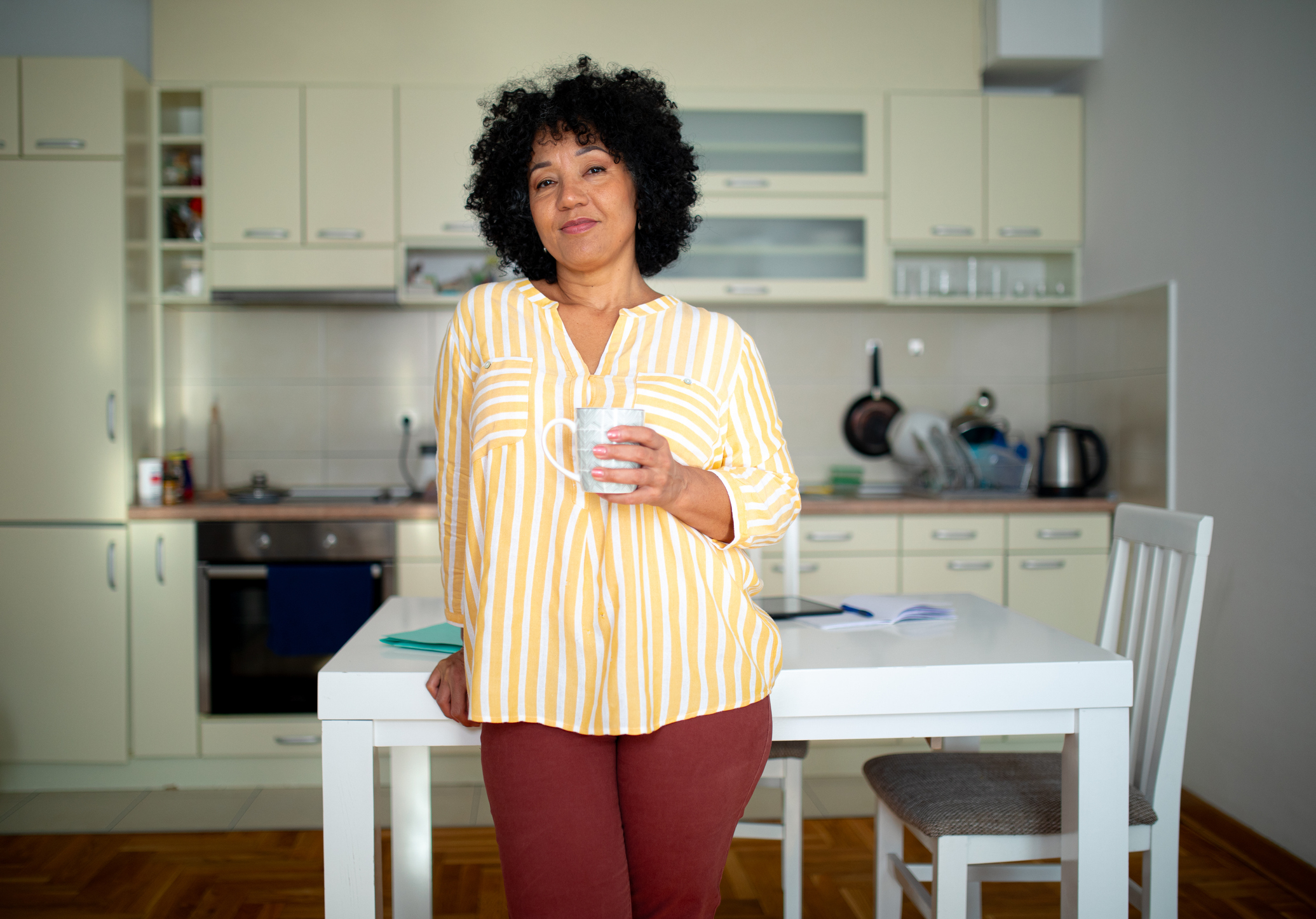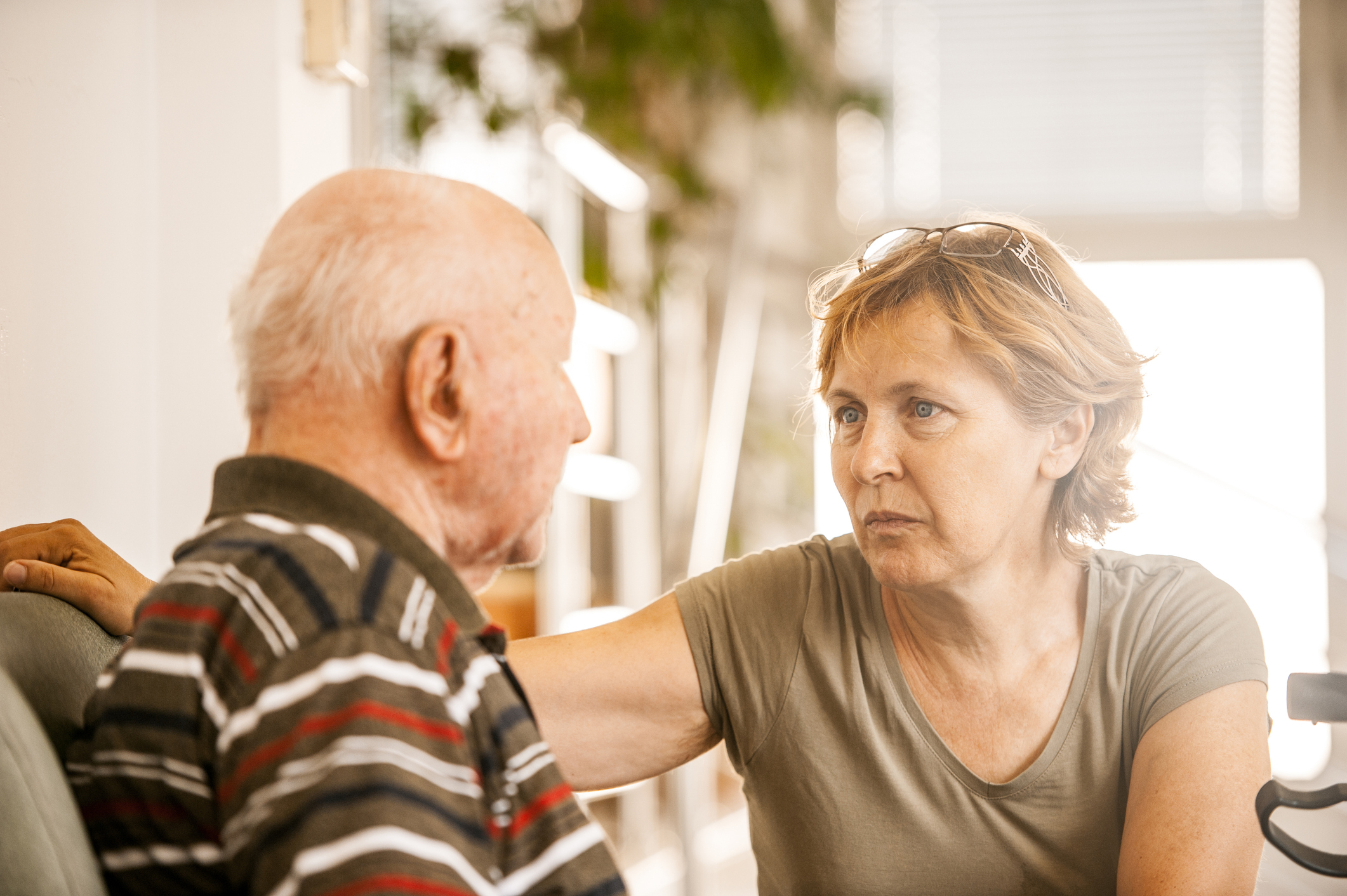Aging In Place
Caregiving Conflict in Blended Families and How to Handle It
Caregiving conflict in blended families often improves when the focus shifts to shared goals.
Caring for someone you love comes with big emotions, even in families that have been connected for decades. When a second marriage, step-family relationships, or a blended household is part of your story, those emotions can multiply quickly. Each person brings different experiences, different communication styles, and sometimes different ideas of what “the right thing” looks like, which can lead to caregiving conflict in blended families.
And when care needs come up suddenly, all of those differences show up at once. Decisions need to be made quickly. Everyone wants to help, but not everyone agrees on how. It can feel messy, overwhelming, or even tense when the roles aren’t clear and the past starts influencing the present.
If you’re in this situation, the good … Read More »
How to Conquer the Fear of Falling in Older Adults
Don’t let the fear of falling in older adults hold back someone you love from living life to the fullest!
Aging brings wisdom, perspective, and cherished memories—but it can also bring new worries. One of the most common concerns is the fear of falling in older adults. While understandable, this fear can quietly steal independence, limit activity, and lead to feelings of isolation. In fact, many people avoid walking outdoors, exercising, or even socializing because they worry about losing their balance.
See you at the Fair!
We’re LIVE!
Join us today from 9 to 3 at the MARIN SENIOR FAIR! Meet tons of Community Partners, and learn about a myriad of services and products focused specifically on our Senior Community. The event is FREE, with lots of food, entertainment and prizes! And there’s also air conditioning! Stop by the Hired Hands Homecare booth to say HI – hope to see you there!
Get the details at https://2025.marinseniorfair.org/
Noticing Shifts in Senior Sleep Patterns? Here’s What’s Normal – and What’s Not.
Senior sleep patterns normally shift in aging, but there are some exceptions you’ll need to be aware of.
Ever wonder why Dad falls asleep in the recliner before dinner, then wakes up at 3 a.m. ready to reorganize the garage? Or why Mom suddenly insists on a 7 p.m. bedtime but still wakes up groggy?
The Hidden Truth About Hospital Care at Home and Why You Might Need Backup
Hospital care at home is incredibly helpful, but there are some surprising facts about it that you need to know.
No one wants to linger in a hospital bed any longer than necessary. The faster the procedure or treatment is over, the faster recovery can begin, and for many, that now means recovering at home. Hospital care at home is gaining in popularity, and with good reason. It offers a way to sidestep some of the least appealing aspects of a hospital stay, including:
The Best Adaptive Clothing for Seniors and How It Supports Independence
Choosing the best adaptive clothing for seniors helps preserve comfort, confidence, and independence.
You might not think twice about what it takes to get yourself dressed each morning, but if you’re helping someone with arthritis, limited mobility, or other health challenges, you know it’s often not that simple. The best adaptive clothing for seniors is imperative to make life easier and restore a sense of independence, dignity, and control.
Why Won’t Mom Eat? It Might Just Be an Eating Disorder.
If you’ve been wondering, “Why won’t Mom eat?” it’s important to know the signs of an eating disorder.
Changes in appetite and weight are often considered a normal part of aging. But if you find yourself asking, “Why won’t Mom eat?” it’s important to consider all possible reasons. While factors like medication side effects, dental concerns, or reduced mobility can certainly play a role, there’s another potential cause that often goes unnoticed: eating disorders in seniors.
Read This Before Welcoming a New Caregiver Into the Home!
Welcoming a new caregiver into the home is a much smoother process with these tips.
The big day is here—your dad’s first day with his new caregiver! If your family is feeling a mix of relief, uncertainty, and even a little anxiety, you’re not alone. Welcoming a new caregiver into the home is a big adjustment, not just for the person receiving care, but for the entire family. The good news is that with some preparation, you can help set the stage for a positive, comfortable transition.
Conversation Starters and Tips for Introducing the Idea of Home Care to Your Parents
If introducing the idea of home care to an older loved one feels uncomfortable, try these tips and conversation starters.
If you ever had to have “the talk” with your parents about those awkward pre-teen topics, you might remember how uncomfortable it was. Now, the roles have shifted, and it’s your turn to bring up an equally difficult subject: discussing concerns about their well-being and introducing the idea of home care.
What Is Senior Social Frailty and Who Is at Risk?
It’s easy for older adults to slip into spending too much time alone, which can lead to senior social frailty.
Not so long ago, we were all taking precautions to protect ourselves and loved ones from the spread of COVID-19. For older adults, who were especially vulnerable, this meant isolating at home and avoiding social interactions. While these measures were necessary for safety, they created a new norm of solitary living for many seniors—one that has persisted long after the height of the pandemic and is causing a condition known as senior social frailty.






